Satellite industry raises sights-at least 100 'by 2020'
Updated: 2016-05-31 08:06
By ZHAO LEI(China Daily)
|
||||||||
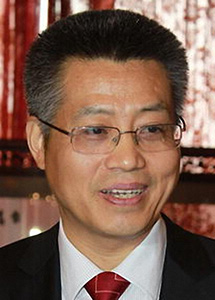 |
|
Yuan Minhui, space researcher. CHINA DAILY |
China is likely to be building and supplying at least 10 percent of the world's satellites by 2020, according to a leading space researcher.
"A forecast by a foreign consultancy said that around 1,000 satellites will be launched by 2020 to meet the demands of the market, and we believe Chinese-developed satellites will account for more than 10 percent of that market," said Yuan Minhui, the director of the Beijing Institute of Space Science and Technology Information. Yuan, who spoke to China Daily on Monday on the sidelines of the Third China International Satellite Service Business Matching event, which is aimed to promote Chinese satellites in the international market, said the role will only continue to grow.
"Remote sensing, communications, and positioning and navigation satellites are our major offers in the global market and they will continue to expand their shares," he said.
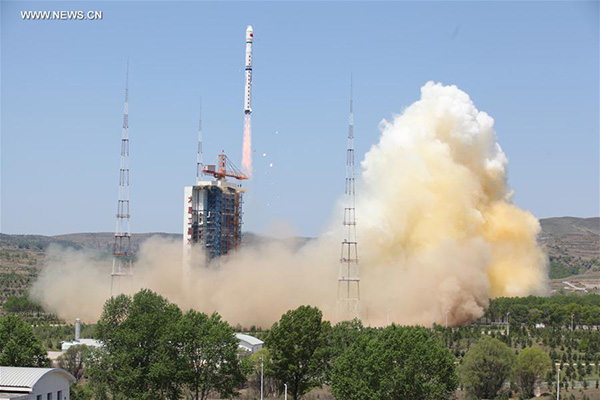 |
|
A Long March 4B rocket carrying a new civilian high-resolution mapping satellite "Ziyuan III 02" and two NewSat satellites from Uruguay blasts off at the Taiyuan Satellite Launch Center in Taiyuan, capital of north China's Shanxi Province, May 30, 2016. [Photo/Xinhua] |
In talking about cooperation potential between China and the United States in the space industry, Yuan suggested that, despite the US now having a ban in place on contact between Chinese and US space workers, the nations should seriously consider cooperating on manned space exploration programs.
"This is because such programs cost a lot and carry high risks," he said. "Collaboration would help reduce the risks and improve engineering efficiency."
Another satellite industry insider suggested that the government might consider setting clear responsibilities for space-related authorities because that would facilitate the industry expanding overseas.
"Currently, we can't even find out who is in charge of some fields in the satellite sector," said the researcher, who declined to be named, citing his employer's media policy. "The vague organizational structure and lack of definitions and responsibilities causes confusion for our potential foreign clients."
- Chinese navy ships in Tanzania share counter-piracy experience
- Some 13,000 migrants saved, over 700 dead in a week
- ROK says DPRK appears to have failed in 4th Musudan missile test-launch
- White House lifts lockdown after suspicious package scare
- Chinese G20 presidency 'ambitious' in seeking solutions for global growth: OECD official
- UNICEF alarmed at refugee, migrant deaths in Mediterranean
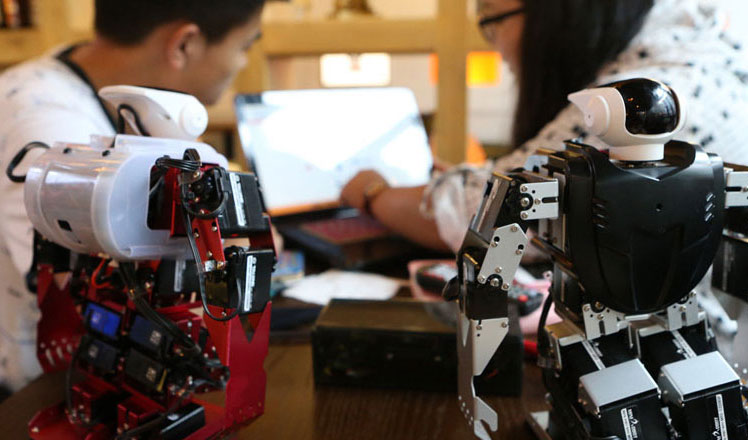
 Robot-themed café debuts in East China's Shanghai
Robot-themed café debuts in East China's Shanghai
 Cartoon: The birth and growth of China Daily
Cartoon: The birth and growth of China Daily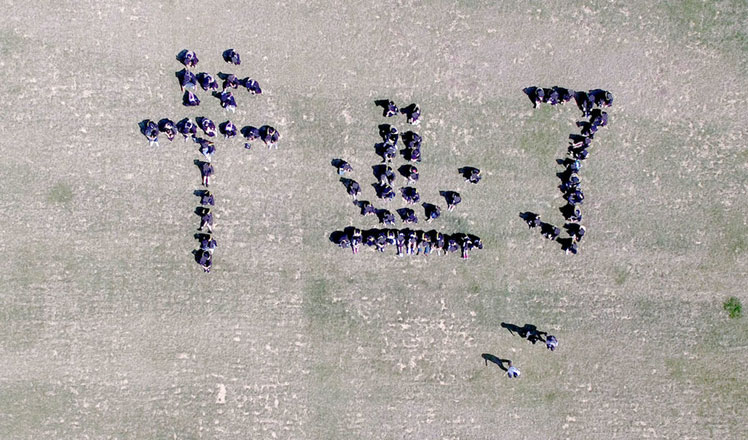
 Students' special group photos to mark graduation
Students' special group photos to mark graduation
 Memorial Day for remembering our beloved
Memorial Day for remembering our beloved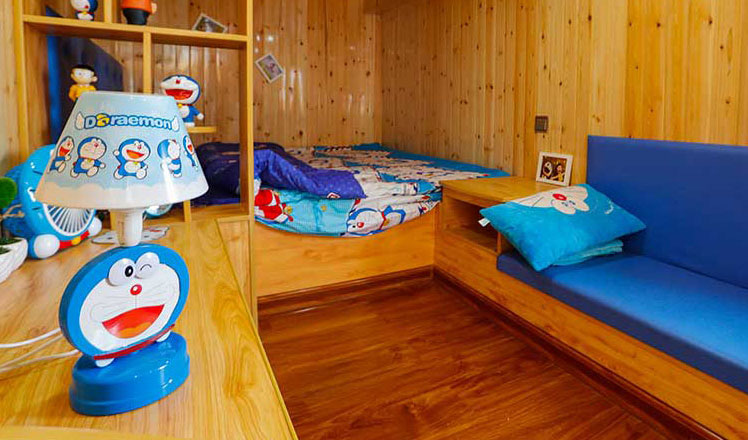
 Disused buses turn into chic living spaces in North China
Disused buses turn into chic living spaces in North China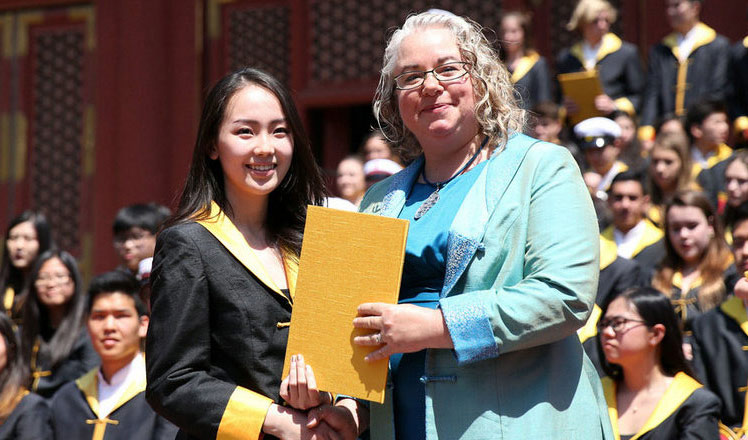
 Graduation ceremony held in Confucius Temple
Graduation ceremony held in Confucius Temple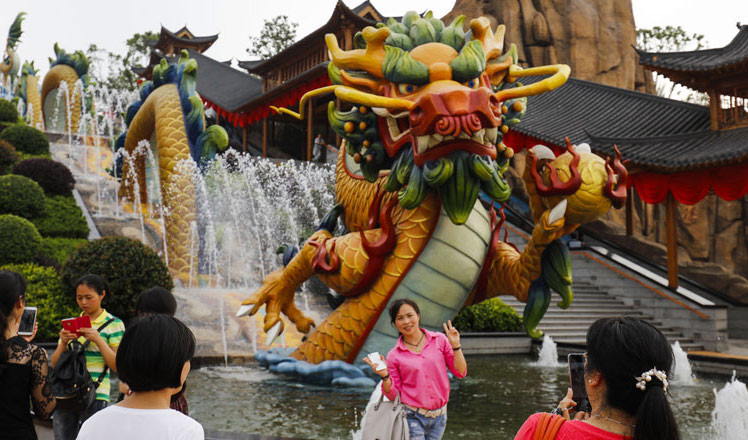
 Wanda opens theme park to rival Disney
Wanda opens theme park to rival Disney
 Fog turns Qingdao city into a fairyland
Fog turns Qingdao city into a fairyland
Most Viewed
Editor's Picks

|

|

|

|

|

|
Today's Top News
Chinese stocks surge on back of MSCI rumors
Liang avoids jail in shooting death
China's finance minister addresses ratings downgrade
Duke alumni visit Chinese Embassy
Marriott unlikely to top Anbang offer for Starwood: Observers
Chinese biopharma debuts on Nasdaq
What ends Jeb Bush's White House hopes
Investigation for Nicolas's campaign
US Weekly

|

|





